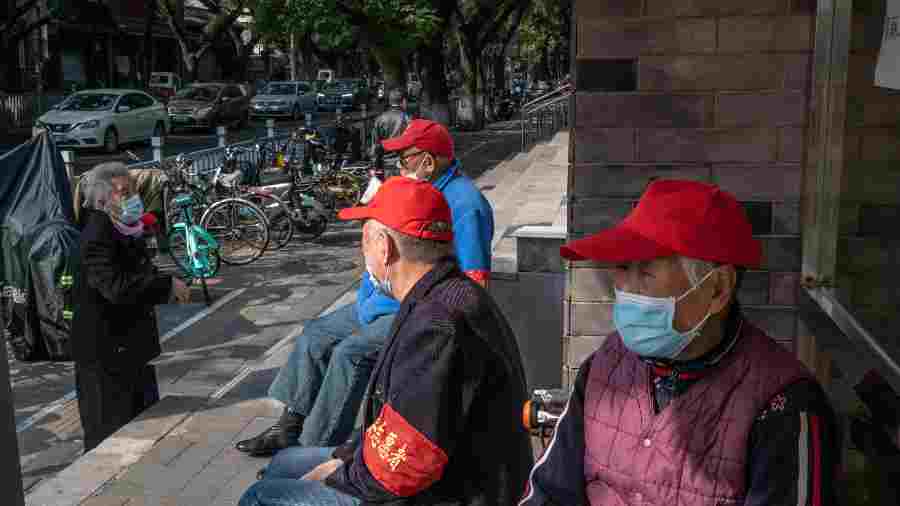The Chinese government announced on Wednesday a broad easing of its exceptionally stringent Covid restrictions, an implicit concession to public discontent after mass street protests in more than a dozen cities a week ago challenged Beijing’s authority.
The changes are not a complete dismantling of China’s “zero Covid” policy, but still represent a considerable loosening of measures that have dragged down the economy by disrupting daily life for hundreds of millions of people.
The policy has forced many small businesses to shutter and driven youth unemployment to nearly 20 per cent, a record high.
The move reduces the frequency of mandated testing, which in many parts of the country had become a near-daily chore just to move around or use public services.
People who have mild or asymptomatic Covid may be allowed to isolate at home and no longer be sent to hospitals, as has been the case since the virus emerged.
The government appeared to retain the use of lockdowns in buildings with cases but said such measures should be limited and lifted quickly and that exits must not be blocked.
Beijing’s shift is particularly notable because Xi Jinping, China’s strongman leader, had staked the party’s legitimacy on the success of “zero Covid”, making it an ideological campaign aimed at demonstrating the superiority of centralised control over democratic rule.
Xi enforced “zero Covid” with a ferocious vigour, declaring a “people’s war” against the coronavirus that mobilized the masses in what would become a no-holds-barred strategy to eliminate infections.
Dozens of officials have been punished or fired after outbreaks.
Cities have imposed lockdowns that confined hundreds of millions of people in their homes for weeks or even months at a time, often with crude measures such as locks and barriers.
Citizens and health experts who questioned the extent of controls or problems with lockdowns were punished or silenced.
Above all, the approach institutionalized a system of digital surveillance that has developed the power not only to track the movements of practically all people but also to keep them in place.
The controls have become harder to justify as rapidly spreading Omicron variants continued to slip through, especially as the rest of the world has increasingly adjusted to living with the virus.
Public discontent boiled over in late November with protests that were the most widespread challenge to the party in decades — hurting Xi’s image as a leader and defying his longstanding rhetoric that the policy enjoyed broad support and was necessary to improve people’s lives.
“By now, Xi Jinping should also understand that this virus can’t be controlled, and if it can’t be controlled, then opening up must happen sooner or later,” said Deng Yuwen, a former editor at a Communist Party newspaper, the Study Times, who now lives in the US.
Rather than a retreat in the face of opposition, China’s state media has depicted the move as a planned transition after the zero-tolerance approach secured a victory in the war against the virus.
New York Times News Service










